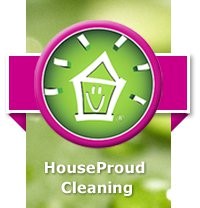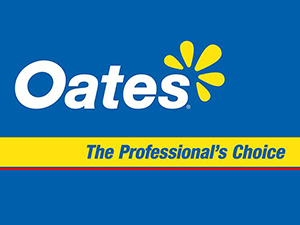
There are many aspects of setting your business up for sustainable growth, but first we need to focus on the basics that will create a culture of sustainability, retention and growth in our new world.
You need to walk your talk, build, and lead teams who act with integrity, who use ethical decision-making processes and who are driven and accountable. It does not matter how small or big your business – as a business owner or director you are held liable for everything and this should always be on your mind.
Not only that, your employees and customers have a right to expect your business to be conducted with efficiency, fairness, impartiality, integrity and understand how they impact the business through what is right and wrong. Today, large corporate, commercial business and government agencies are measured through a point system of key performance indicators.
If you want to win or become part of commercial and government contracts within major industries, you need to be able to prove you have minimised any risk and liability which could have a catastrophic impact on your brand, reputation or business, your customers business and your employees.
In the near future, without proof that you are running an ethical sustainable business, you will not get a ticket to the dance and your business will not be a sustainable business.
Why do you need a code of ethics and code of conduct statement?
Firstly, it is not mandatory for a business to have or provide conduct statements, although there are mandatory codes that by law you must work by.
It would be extremely irresponsible as a business not to have these statements, you leave yourself open to lawsuits, even destruction of your business. The consumer and competition laws are clear, and all stakeholders will want to know that you take these seriously.
Every new employee should receive training of these during the onboarding process, this helps a smooth transition for all stakeholders. Follow the link to industry codes and check what is mandatory in your target market, this enables you to make sure you cover everything of in your documents and processes.
Building these codes should be collaborative and involve feedback from staff and reflect with relevant industry legislation.
Involving your employees, training them will only help them understand the difference between right and wrong and the impact it will have on the business, their colleagues, and stakeholders.
In summary, if you want to be in the race to win commercial contracts you must have your onboarding processes and codes in place, train your staff as they come on board so they understand the expectations and the role they play in the business from day one.
What is the difference between a code of ethics and a code of conduct?
The purpose of both documents is to identify and outline best practices, what you require of all employees and is to be demonstrated when working with colleagues, customers, stakeholders and any other third parties who are involved with your business.
So, lets break it down:
A code of ethics is broad and usually forms part of the employment agreement, giving employees or members a general idea of what types of behaviour and decisions are acceptable and encouraged within your business. It also should outline the company’s core values and mission. This code covers the following 5 points:
- Integrity
- Objectivity
- Professional competence
- Confidentiality
- Professional behaviour
A code of conduct is more focused and detailed.
It is a guide in what the expectations are for professional and personal conduct in the workplace and when conducting activities that may impact the safety of their colleagues, customers, or the business.
- Provides information allowing your employees to make sound, efficient and ethical decisions.
- Provides information allowing your employees to understand the most effective and efficient use of resources your company has provided them to utilise so to conduct their jobs in a safe and ethical manner.
- This document also outlines the expectations of all employees (for example uniforms)
- The code also outlines the appropriate course of action when they are faced with ethical issues.
It is important for your employees and subcontractors to understand, and the best way to do this is to go through it with them and get them to sign that they understand.
Susan Crane is a business coach and director of Susan Crane Consulting. She can be reached at info@susancraneconsulting.com or go to www.susancraneconsultng.com
Comment below to have your say on this story.
If you have a news story or tip-off, get in touch at info@3.106.117.80.
Sign up to INCLEAN’s newsletter.




